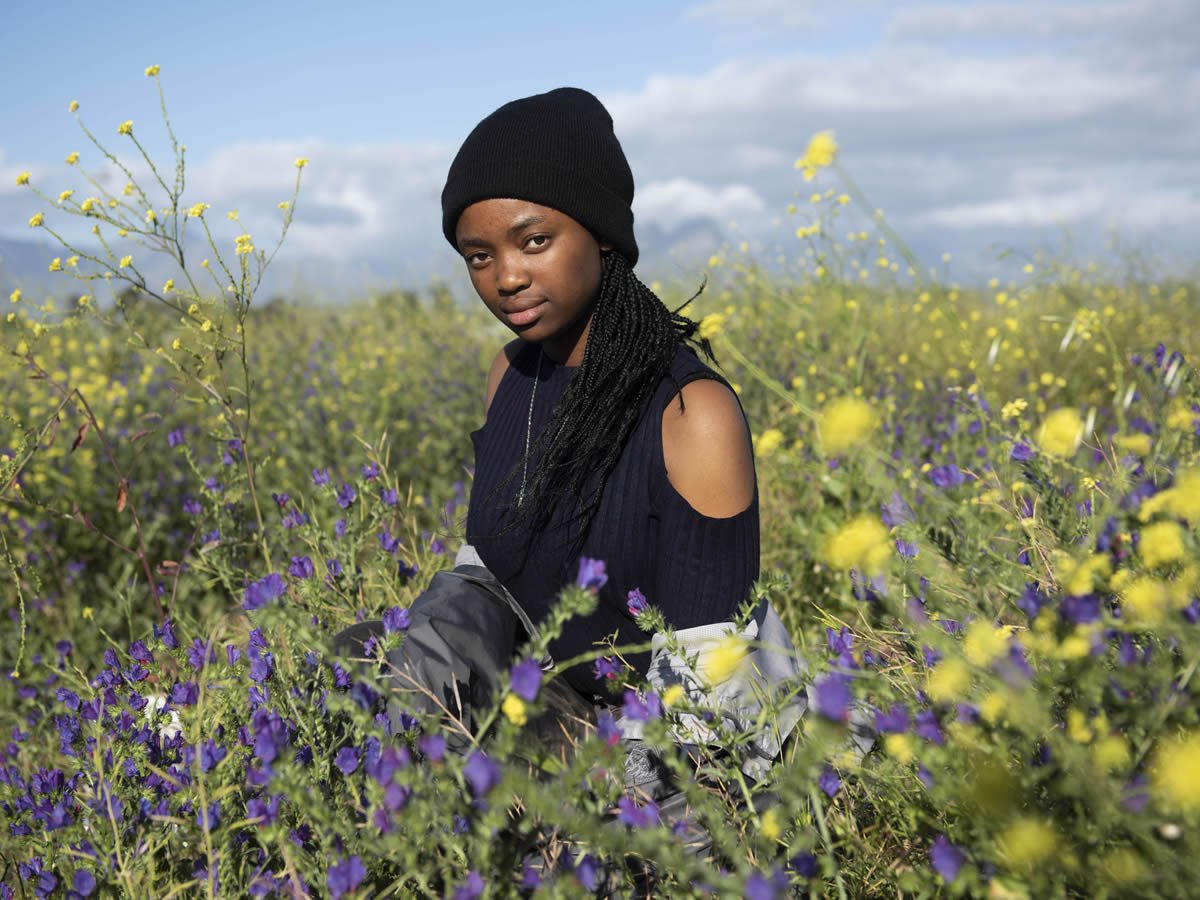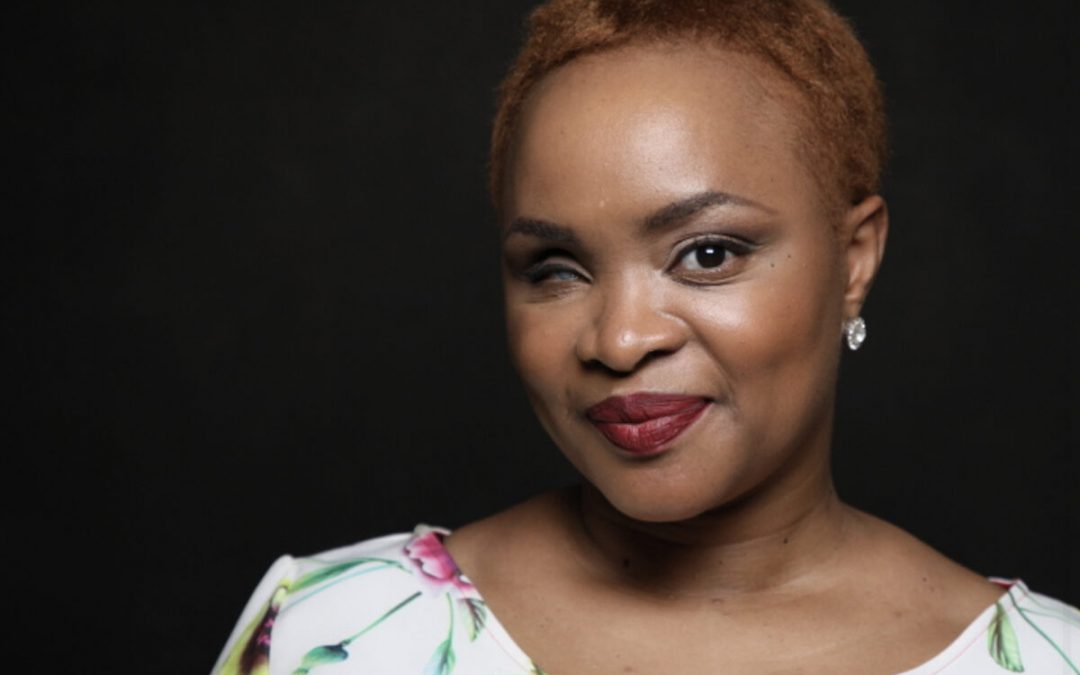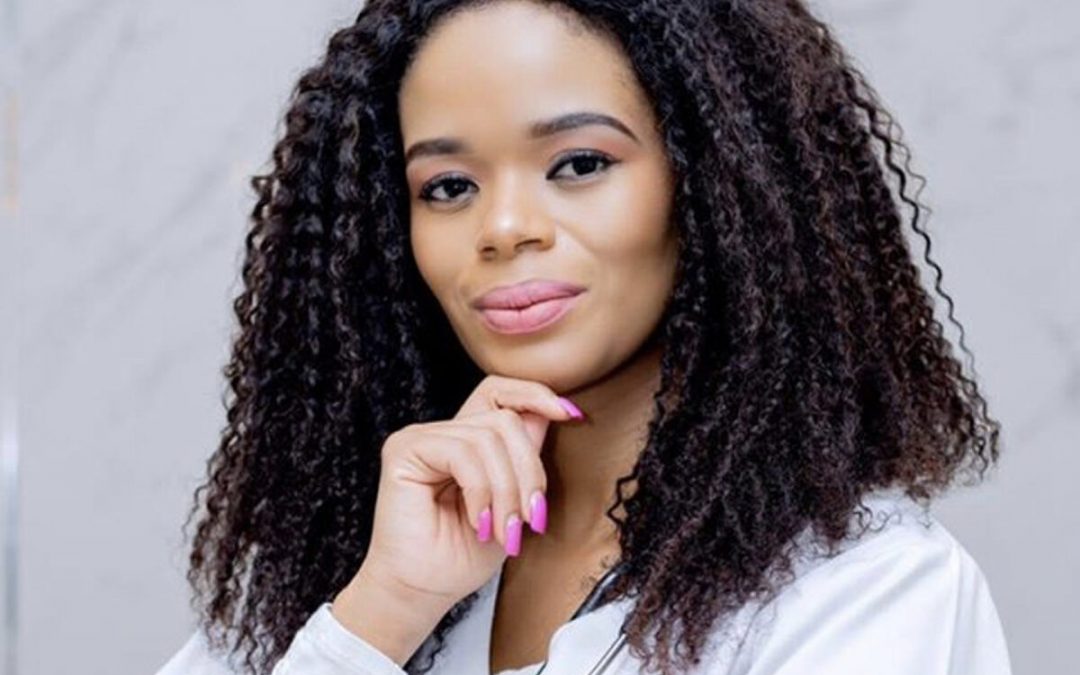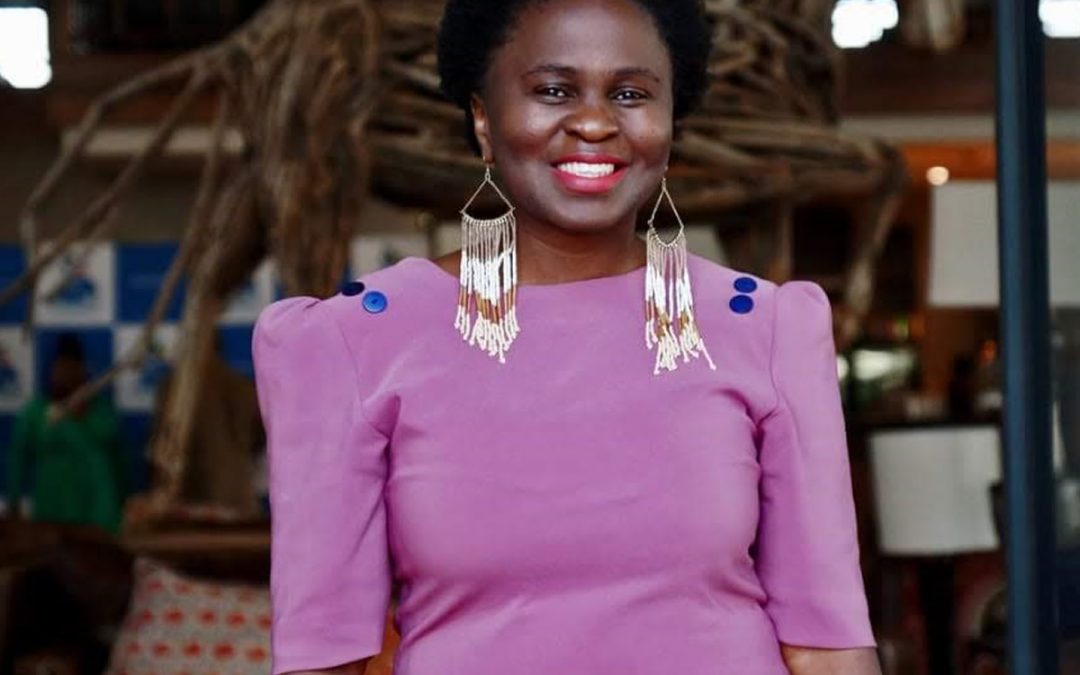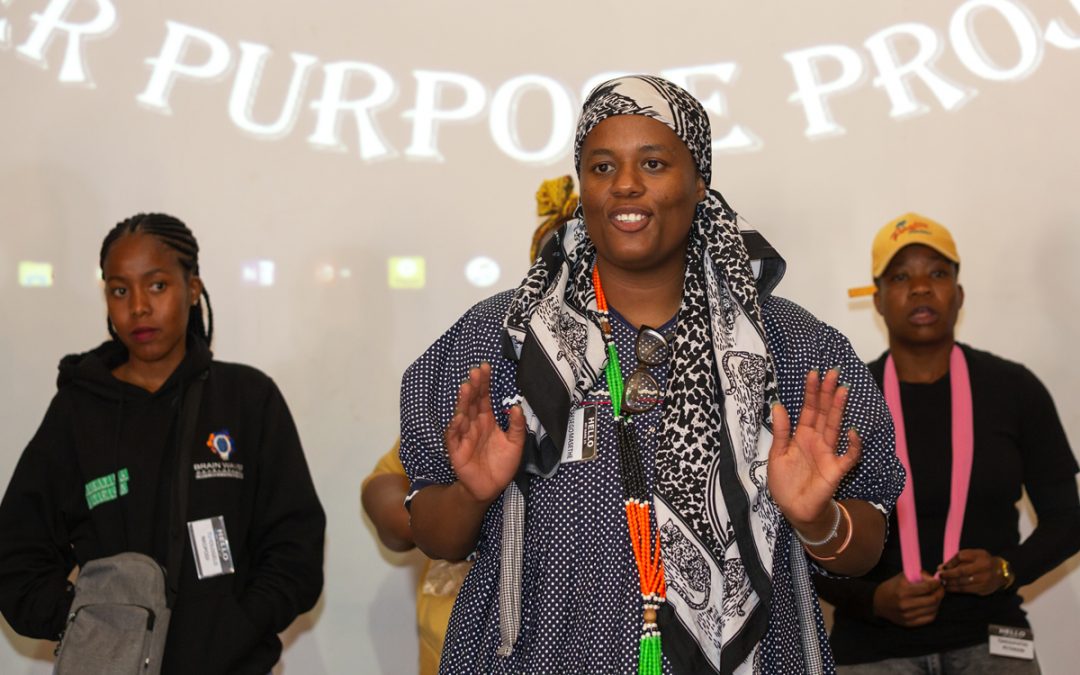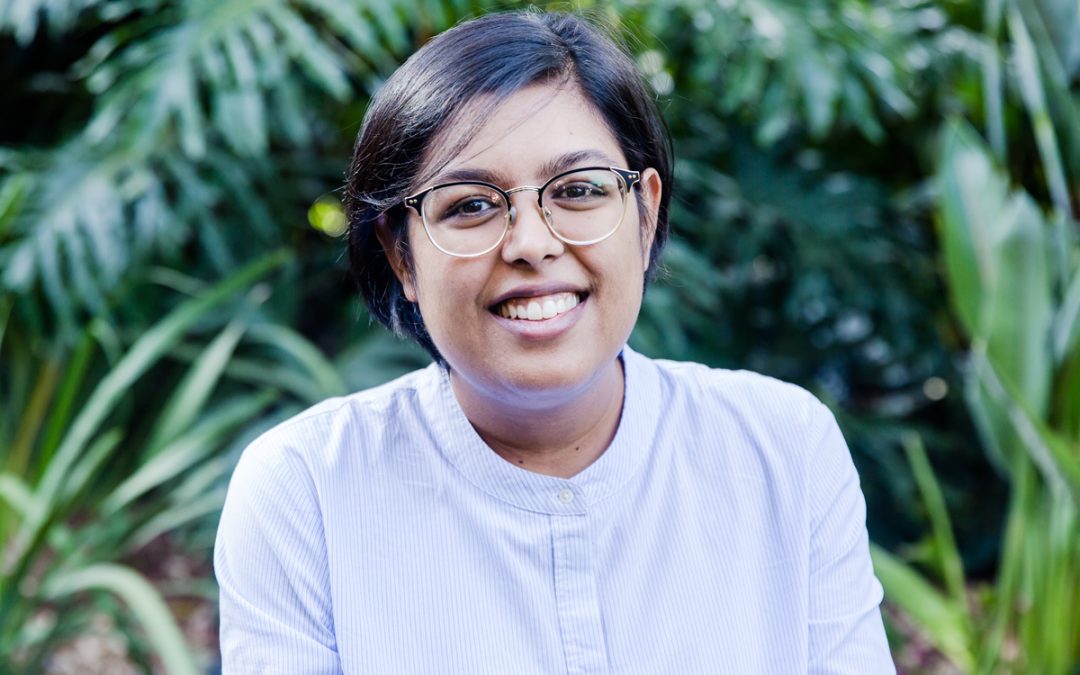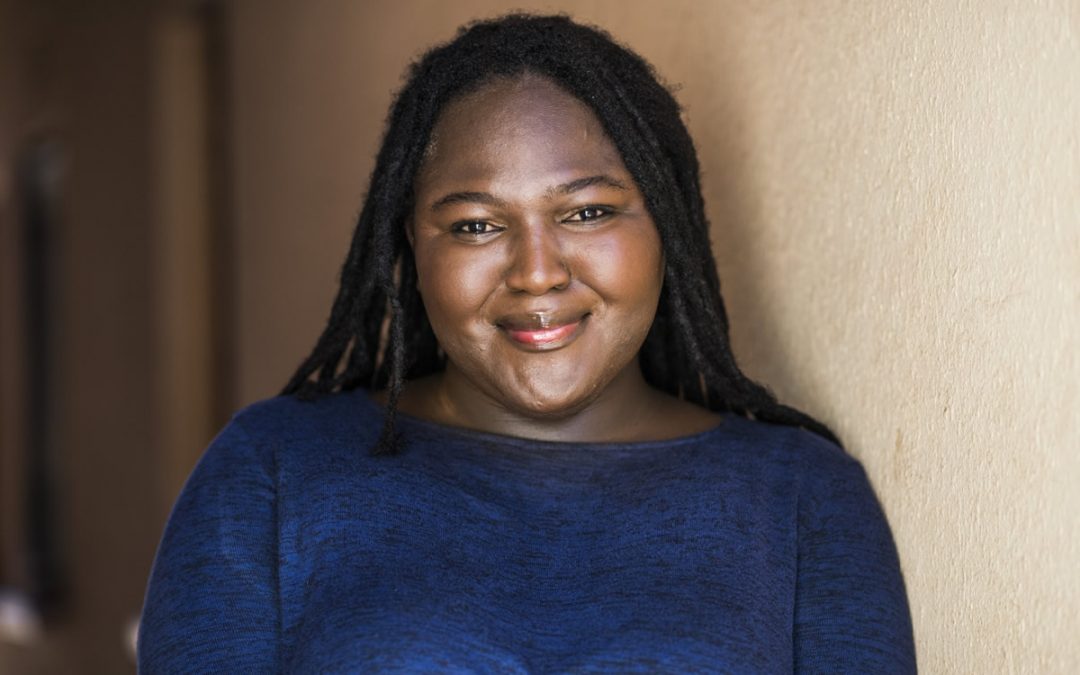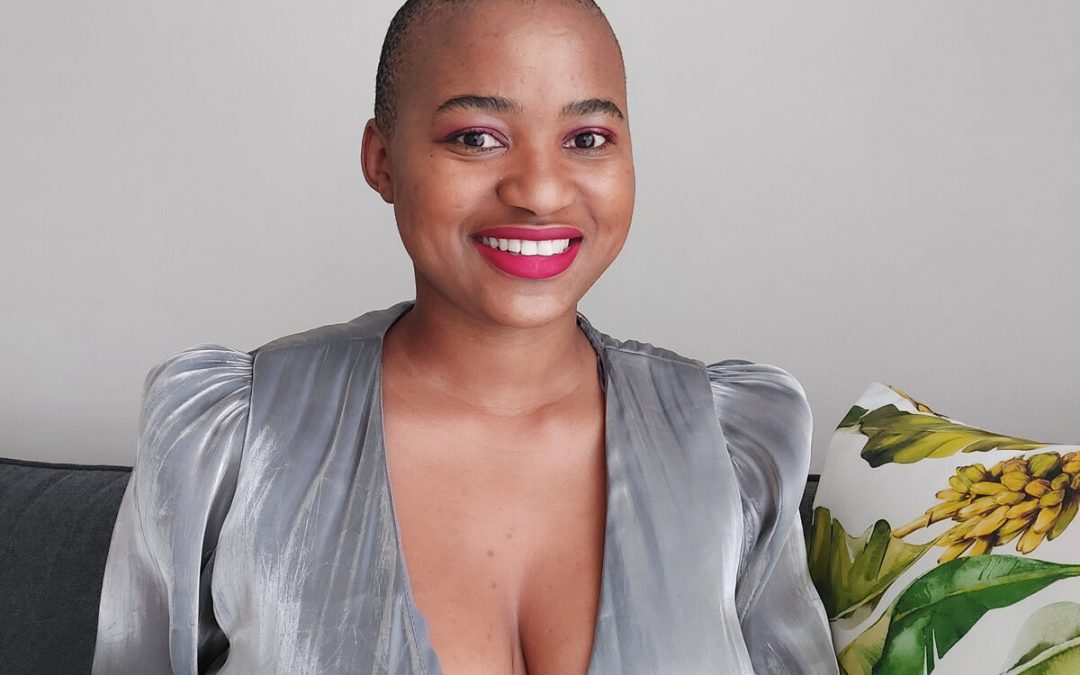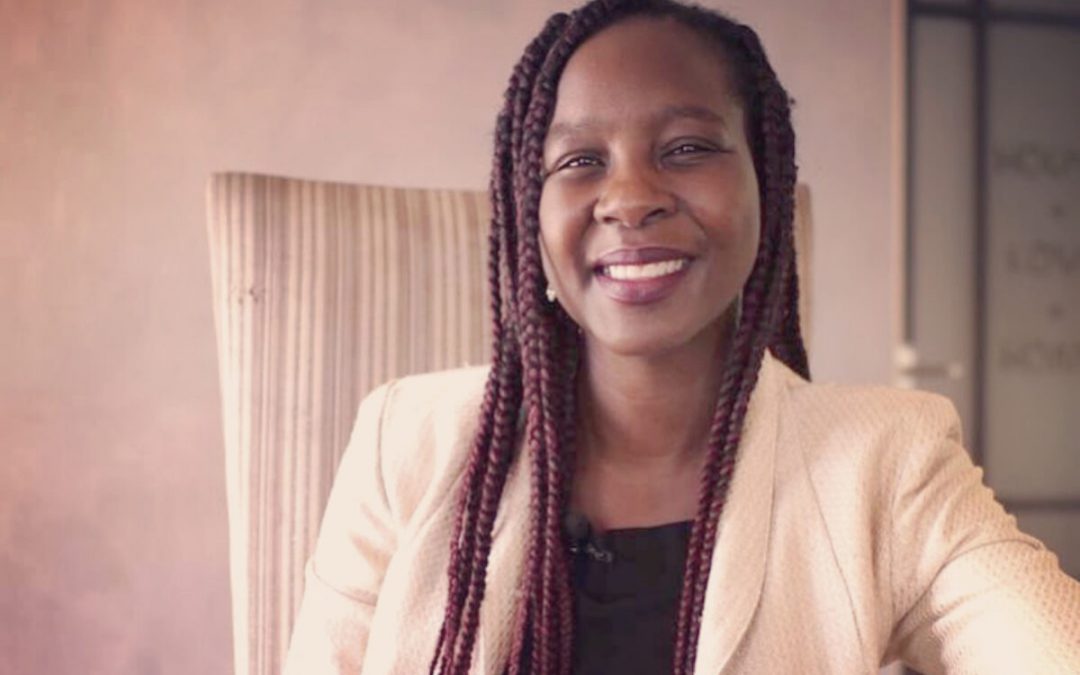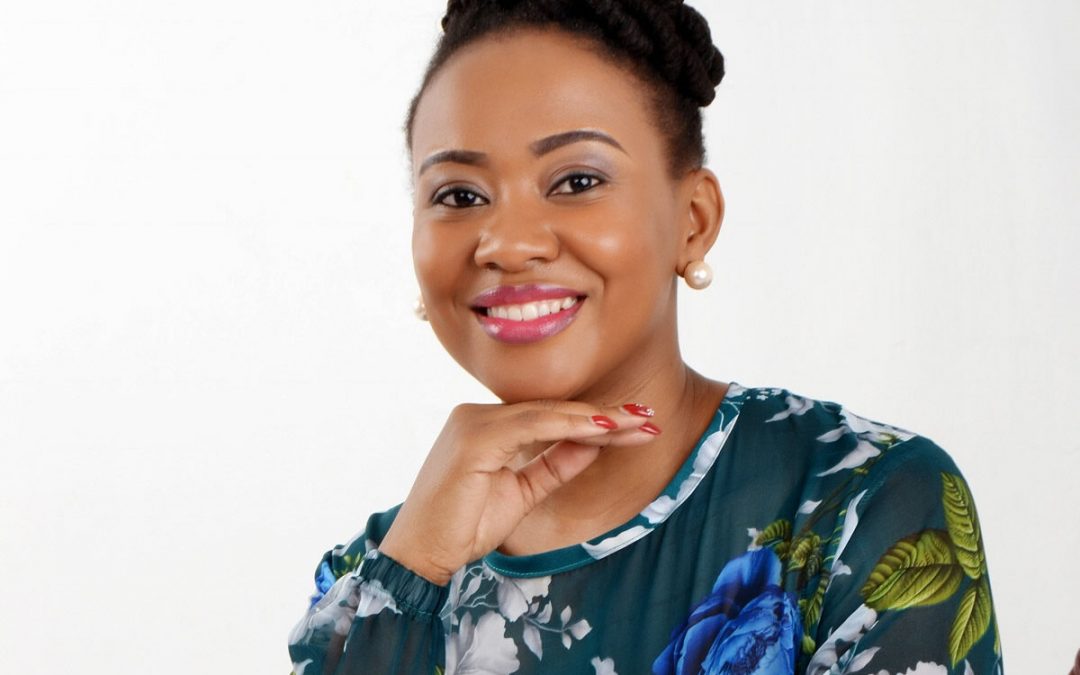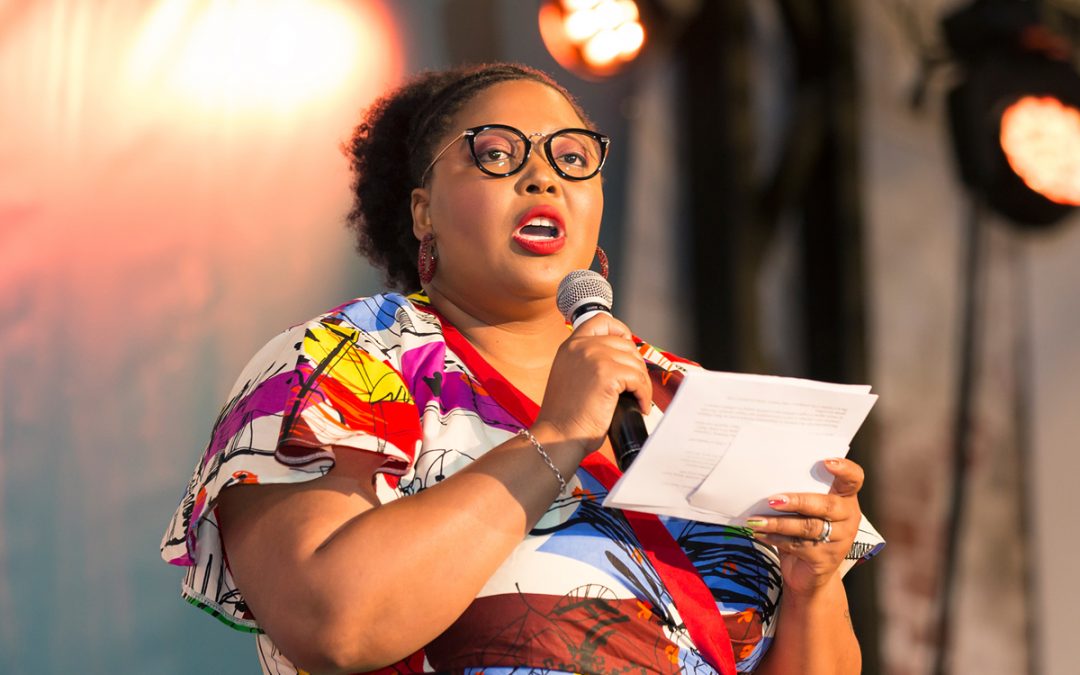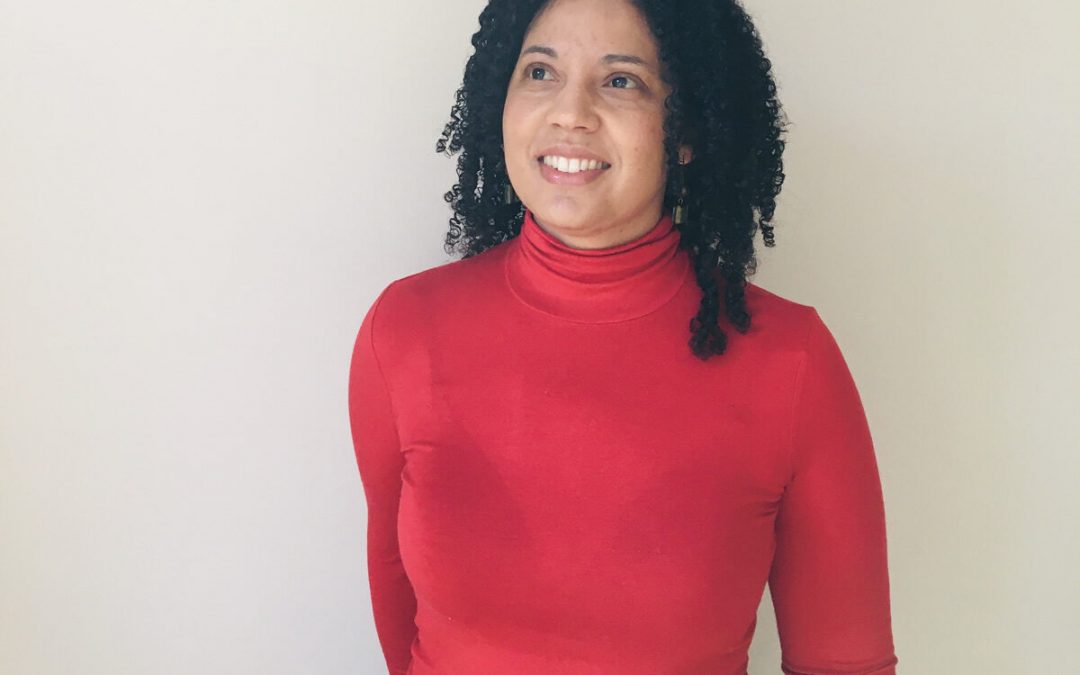A fire burning to save the planet and her community is a good way to describe Ayakha Melithafa. At a very young age she focused on speaking the truth, no matter what the barriers.
As a child, it is difficult to educate adults and tell them why they should change their minds. But Ayakha Melithafa is doing just that, raising her voice and educating us all to make a stand to save the planet. The now 18-year-old woman from Khayelitsha is on a mission to raise awareness about climate change, and how it will affect the poorest the most.
“It started when Cape Town was experiencing one of the worst droughts I as a 16-year-old at the time had ever witnessed. My mother, who is a farmer, was badly affected, and I could see the devastation in my community. When I started about two years ago, I wanted to find out why the drought was so severe.”
She started researching and soon joined the African Climate Alliance and the Project 90 by 2030 initiative, a social and environmental justice organisation based in Cape Town. She thrived and knew instantly that this was what she wanted to focus her energies on. She found she had a voice that was important and more people needed to hear it. She joined other teenagers to sign a petition to the United Nations, calling on world leaders to stop violating their human rights by failing to address the climate crisis.
Melithafa’s curiosity and compassion for her community turned her into an international environmental activist and she hasn’t looked back since.
“One of my stumbling blocks at first were my peers, who kept on telling me that global warming was a white people’s issue and a first-world problem. What they couldn’t understand was that it would affect us more.”
But this did not deter her. Instead, she became more determined to speak the truth and educate as many people in her community as she could.
Melithafa believes that the voices of young activists will have to be amplified, because it is they who will face an uncertain future if temperatures and ocean levels continue to rise unabated.
She has been invited to a number of conferences to speak about climate change and her views on how leaders should be addressing the impending catastrophe.
Earlier this year she was invited to attend the World Economic Forum to address climate issues, including how some countries have declared a climate emergency, and how cities can scale up grassroots innovation to better respond to the climate crisis and contribute to global sustainable development objectives.
One of her memorable interactions was when she put her hand up to ask President Cyril Ramaphosa, at a National Youth Development Agency youth dialogue, what government is doing to tackle the country’s over-reliance on coal, when wind and solar power are a viable alternative.
“It is so important for black women to know their worth and raise their voices. I want to tell all young women out there to never dim their light for anyone or shrink to make anyone bigger. We are magnificent, powerful and amazing and that light must shine — always. Oh, we are so amazing.”
The matriculant is now focusing on her studies and hopes to become a lawyer one day. “But that will depend on how I feel about taking on that challenge next year. If I do not feel up to it, I will continue to volunteer for organisations focused on climate change. This will give me time to learn more about the crisis we are facing and to be a stronger advocate.”

